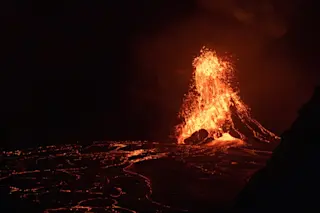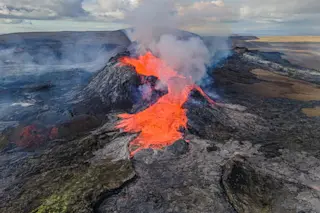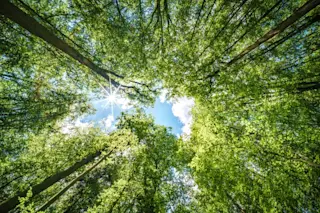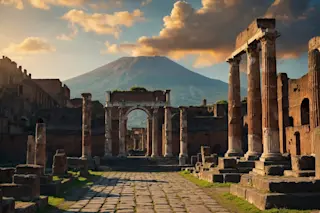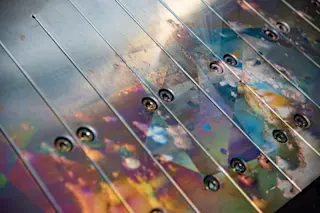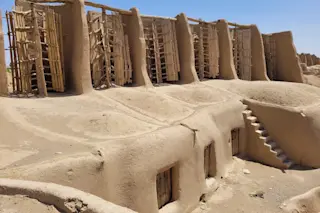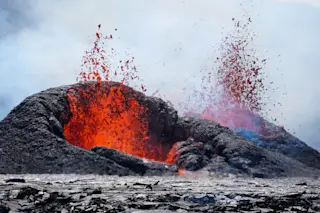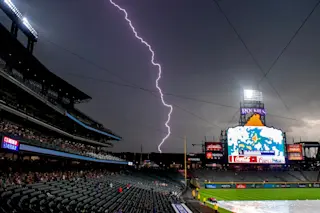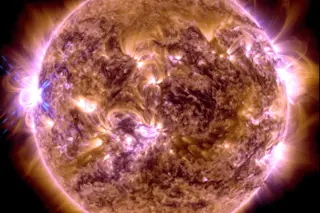[UPDATE: Wow, minutes after I posted this, an explosion is being reported at the third reactor site. I mentioned in this post the third reactor was in trouble, so this may be another hydrogen combustion explosion as happened in the other two. I'll put more updates here as I find them.][UPDATE 2: The comments being posted below are contradictory, as I expected; news is coming quickly about the third explosion and speculation is flowing. I'll add that I freely admit things I wrote below may be in error; but they are based on what I've read and heard over the past few days. With news being as spotty as it is, that's inevitable. That's why I made the disclaimer I did in the post.]
[UPDATE 3: Alan Boyle at Cosmic Log has an excellent and calm discussion of what happened, including best and worst case scenarios.]
[UPDATE 4 (20:30 Mountain ...


